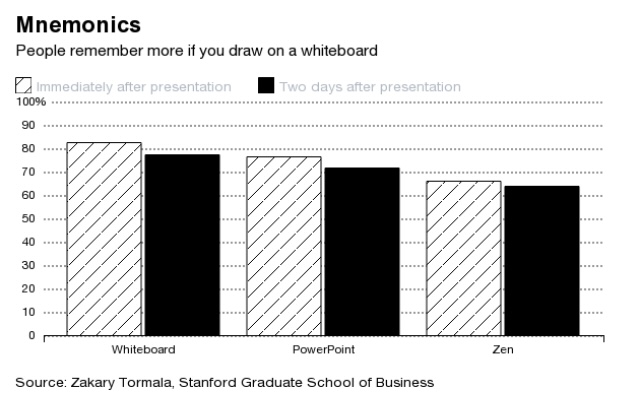
Life moves pretty fast when you’re wondering if you misunderstood the assignment. Especially when you’re about to read that assignment to the rest of the conference.
Here was the deal:
In grad school, my friend Imran and I wrote a literature review on cell phone communication. This is back in the T9 texting era; virtually no academics were researching this. It was just us and this Norwegian guy Rich Ling.
We submitted the paper to a conference. Ever do the thing where you take a risk because you have nothing to lose? Then someone says yes, and suddenly you have a lot to lose? That was us.
We did hours of whiteboarding. We translated our literature review from academic language to conversational language. We rehearsed created a clever beginning and ending. We hoped that would be sufficient.
Then it was speech day.
First speaker goes. Reads his whole literature review. Every word, every sentence, every reference (Pacchione, 2022). Every last pedagogical term no one says in real life.
Second speaker goes. Does the same thing.
So does the third speaker.
By the fourth speaker, Imran and I are freaking out. I scribble a note to him. Are we supposed to be reading our literature review? We hadn’t brought a copy. In our minds this was supposed to be, well, a presentation.
Finally it’s our time. We figured, no turning back now. Let’s present as if this is a speech.
So we did. We spoke like normal humans. We deleted anything remotely boring. We represented academic language with real life illustrations.
And, we ended with something that felt clever at the time (I interrupted Imran’s conclusion by calling his phone) even if 2022 Mike shudders at the cheesiness.
And…
It…
Was…
Awesome
As soon as we finish, people walk to the front to say thank you. It’s refreshing to hear regular language, they say. I loved your examples, they say.
Which was a huge relief. Because up until the moment we received praise, I wondered if we’d be outcasts.
In truth? We felt like outcasts because we knew what to do. The other speakers didn’t.
One of the things that doesn’t get talked about in the world of presentations? How risky it can feel to deliver a speech that doesn’t suck.
I’ve often made the point: the bar for presentations is low. Of course, the problem with the bar being low is you might think “well, I’m just supposed to stay level with the bar.”
I’m supposed to read my script
I’m supposed to use cluttered slides
I’m supposed to use words with four and five syllables
I’m supposed to speak in long sentences. The audience can’t follow them but they sure do make me sound smart.
All of which is ridiculous. But it’s easy to fall into The Trap.
Those who have followed me for a while know my school of thought: The best speeches are the ones where you forget they are speeches. They sound like a friend who happens to have a streamlined and organized set of thoughts on the topic at hand.
But in the moment that’s really hard. Because no one else is doing it that way.
Today, I implore you: whether you’re speaking at a company, a school, a conference, wherever, aim for clearing the bar. Be the one who doesn’t suck.
Because if you do that, you’ll be the one leading the way, into the world of clear, effective speeches. Into the world where people forget they’re listening to a speech in the first place
Lead the way.
Grab your free Guide
Metaphorically speaking, a lot of us do the same when we start a speech: we make it all about ourselves. We read our resume to the audience.
Y’all. We don’t need to do that. At best that comes off as braggy; more likely it comes off as insecure.
Don't be that guy.